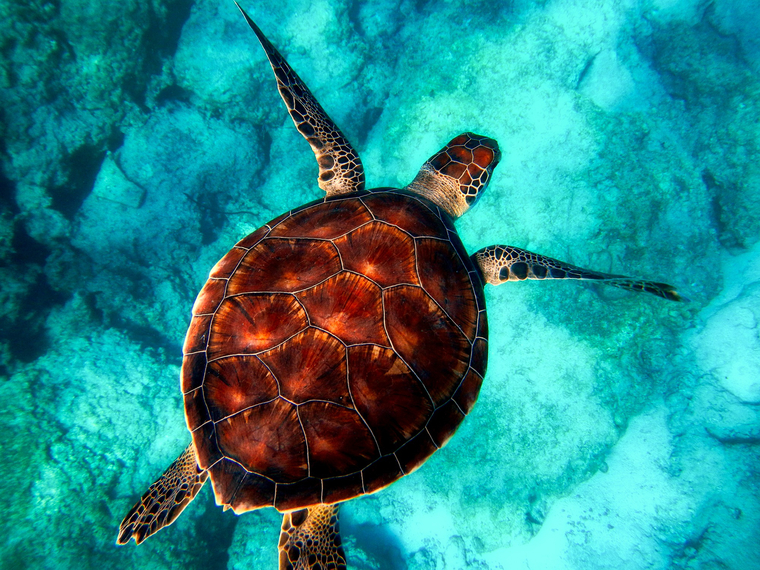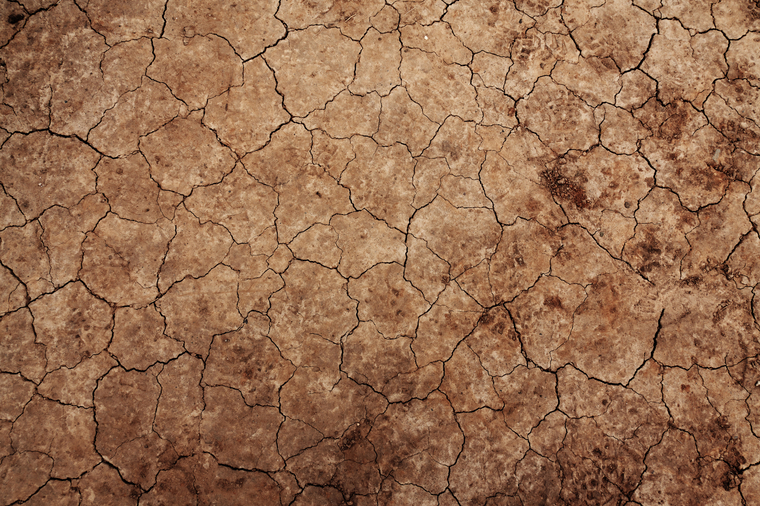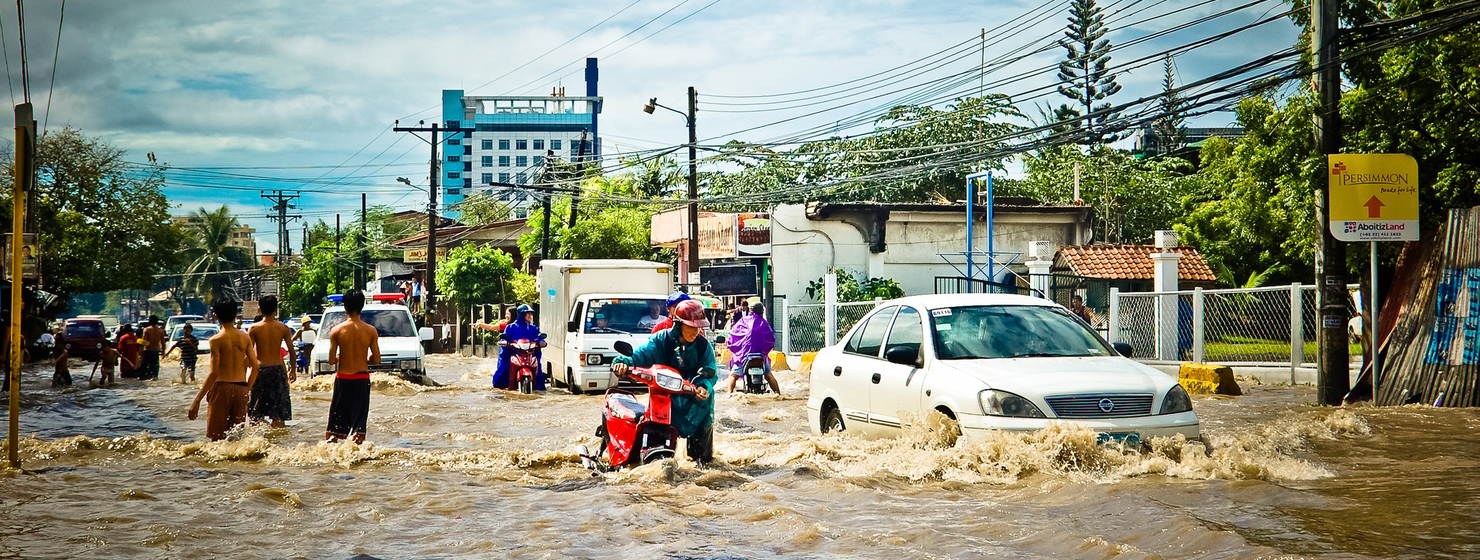When a natural disaster strikes, when land becomes too contaminated to be exploited, and when diseases develop because of air pollution, some recover (or protect themselves) more easily than others. The poorest and most vulnerable do not have the resources to respond.
Protecting the planet therefore also means fighting inequality.
Two goals:
Ensuring the Paris Agreement is truly implemented to limit the global temperature rise to well below 2°C, and 1.5°C if possible.
Raising public and private finance to fund activities.

Our biodiversity is in danger. Did you know?
We are currently living through the sixth mass extinction. The five previous mass extinctions (over the last 500 million years) were due to external phenomena (ice ages, volcanos, meteorites). There is no meteorite or volcano to blame this time. Mankind alone is responsible. Like the dinosaurs millions of years ago, species are disappearing. The work of the G7 (ahead of the Convention on Biological Diversity COP12 to be held in China in 2020) will therefore focus on threatened biodiversity in particular.
In 2050, there will be more plastic than fish in our oceans. An ocean protection blueprint was launched last year during the Canadian G7. We need to maintain this momentum.

To implement the ecological transition without leaving anyone behind, the G7 is bringing everyone to the table: young people, the private sector, NGOs, local government bodies and regional and international organizations.
